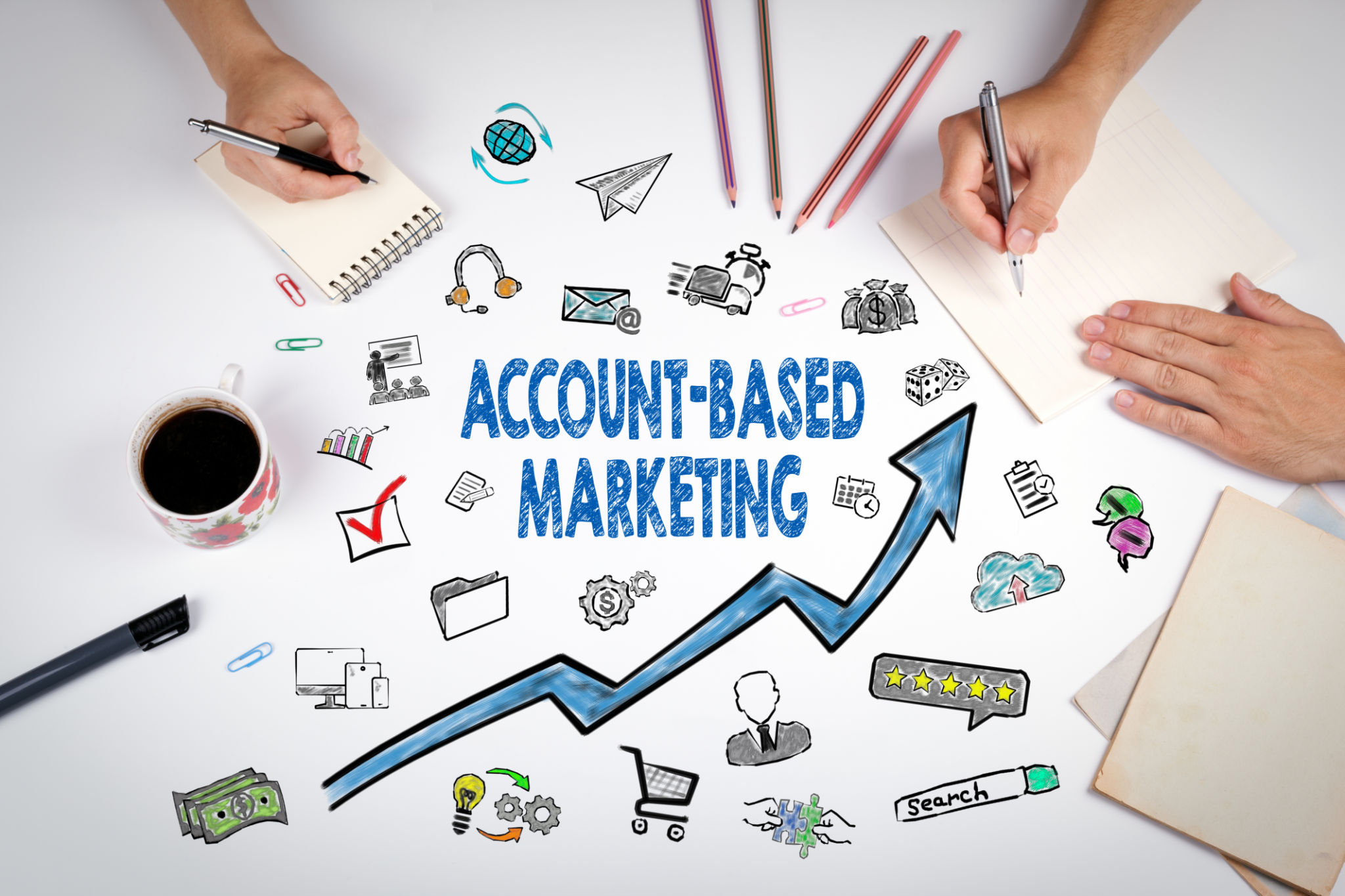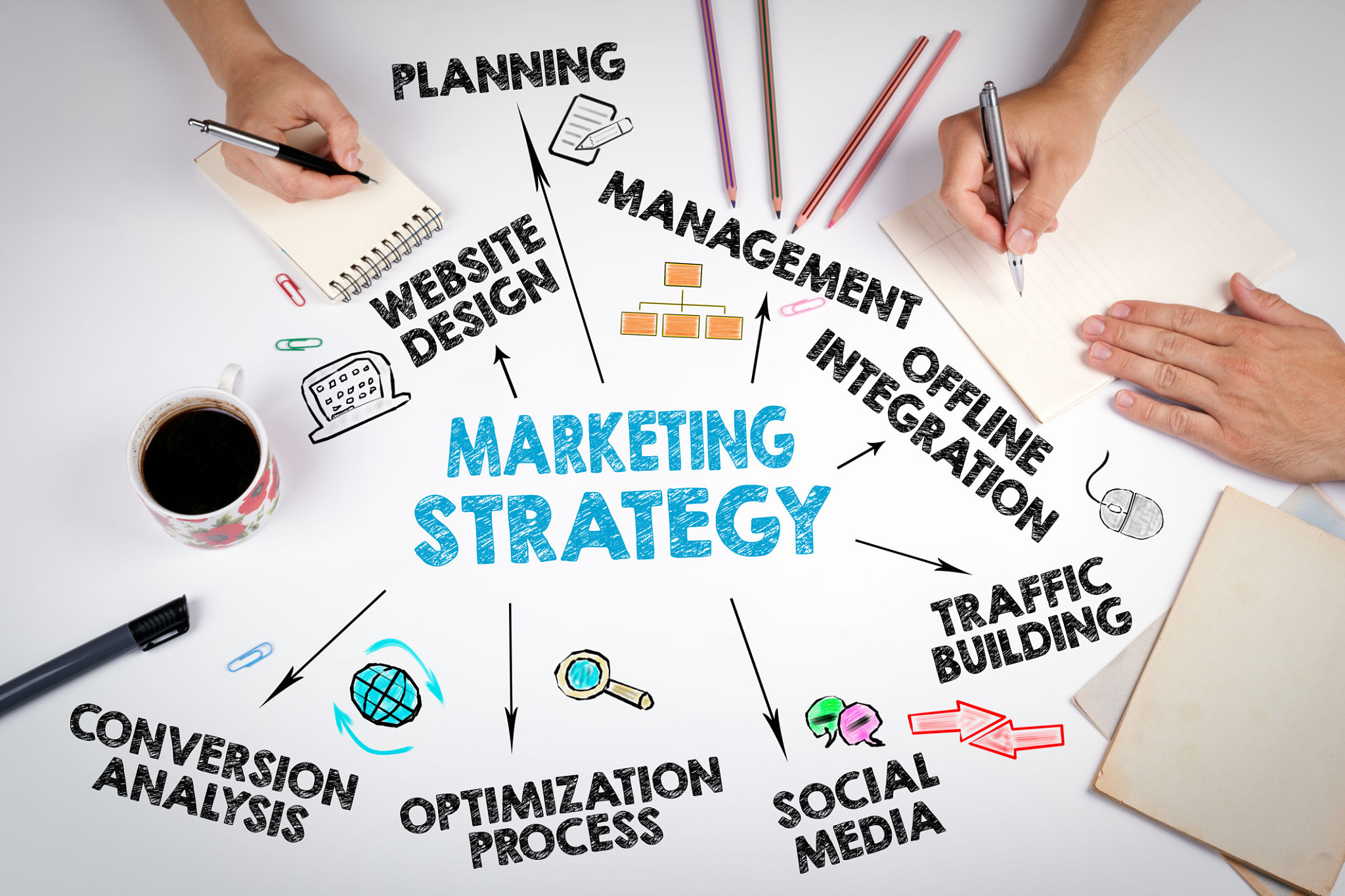Account Based Marketing vs. Traditional Marketing: What’s Best for Your Start-Up?
Understanding Account-Based Marketing (ABM)
Account-Based Marketing (ABM) is a strategic approach that focuses on targeting specific accounts or companies rather than reaching out to a broad audience. It is particularly effective for B2B businesses where personalized marketing efforts can lead to higher engagement and conversions. ABM involves aligning marketing and sales efforts to create tailored campaigns for each target account, ensuring that the messaging resonates with the specific needs and challenges of those businesses.
One of the key advantages of ABM is its ability to deliver highly personalized experiences. By focusing on individual accounts, start-ups can develop customized content and solutions that address the unique pain points of their potential clients. This personalization can significantly enhance the likelihood of converting leads into loyal customers.

Exploring Traditional Marketing
Traditional marketing, on the other hand, casts a wider net by appealing to a broad audience through various channels such as television, print media, radio, and direct mail. This approach aims to increase brand awareness and reach as many potential customers as possible. While it can effectively build brand recognition, traditional marketing may not always yield immediate, measurable results, especially for small start-ups with limited resources.
One of the main benefits of traditional marketing is its ability to reach a large audience quickly. It can generate buzz and visibility for a start-up, helping to establish its presence in the market. However, the challenge lies in converting this widespread awareness into tangible leads and sales.

Weighing the Pros and Cons
When deciding between ABM and traditional marketing, it is crucial for start-ups to evaluate their specific goals and resources. ABM offers a more targeted approach, which can be advantageous for businesses with a clear understanding of their ideal customer profile. This method often leads to higher conversion rates and a more efficient allocation of marketing resources.
In contrast, traditional marketing can be beneficial for start-ups looking to build brand awareness quickly. It provides broad exposure, which can be useful in competitive markets where standing out is essential. However, this approach may require a larger budget to achieve significant results.

Choosing the Right Strategy for Your Start-Up
To determine the best approach for your start-up, consider the following factors:
- Your target audience: If you have a well-defined target market with specific accounts in mind, ABM may be more effective.
- Your budget: Traditional marketing often requires a larger investment, whereas ABM allows for more focused spending.
- Your goals: If your primary goal is brand awareness, traditional marketing might be more suitable. For targeted lead generation, ABM could be the better choice.
Ultimately, the decision between ABM and traditional marketing should align with your start-up's objectives and available resources. Some businesses may even benefit from combining both strategies to maximize their reach and impact.
Integrating Both Approaches
For start-ups looking to optimize their marketing efforts, integrating both ABM and traditional marketing can provide a balanced approach. By leveraging the strengths of each strategy, businesses can achieve both broad visibility and targeted engagement. This hybrid approach allows for greater flexibility and adaptability in a rapidly changing market environment.
Consider using traditional marketing to build initial awareness and then narrowing down your focus with ABM tactics to engage high-potential accounts more deeply. This combination can help create a comprehensive marketing strategy that supports long-term growth and success.
